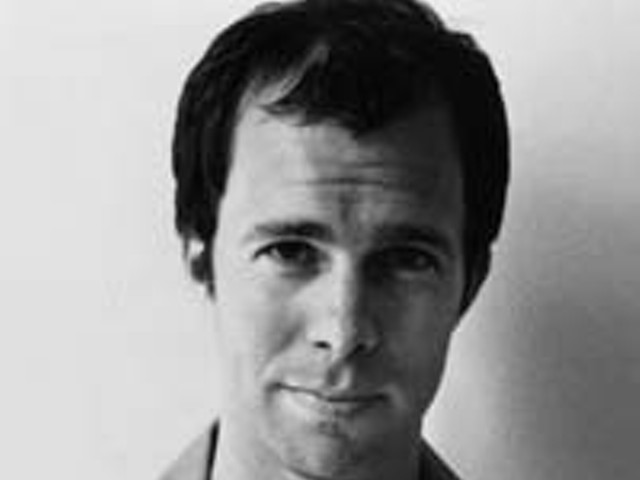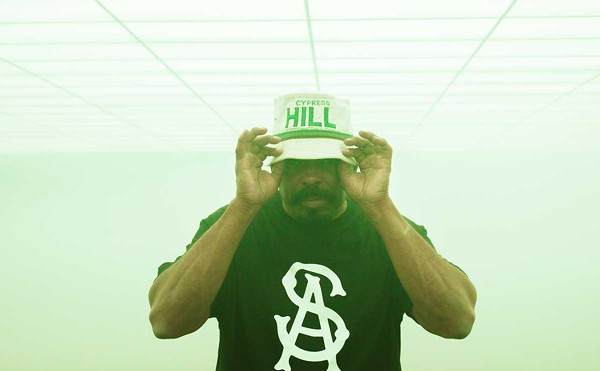"For a while, in high school and much of college," says Harbison, "I was really in two careers. I was seriously involved in jazz, playing a lot with some very fine people. Then at a rather crucial point, I got admitted both into Tanglewood as a conductor and also the Lenox School of Jazz. Because I was so interested in harmonic structure and it struck me that the creative part of jazz, free jazz, was moving away from that, I made a conscious decision to continue to be around jazz but to focus on concert music."
Harbison, the composer-in-residence at the Ninth Annual Great Lakes Chamber Music Festival (at eight different metro-Detroit venues June 15-30), shifted gears from jazz piano to modern classical composition, all the while maintaining a third-stream involvement as a poet.
"The reason for my interest in writing poetry was to be able to deal with text as a musician. It was a kind of practical decision, something that I was trying to teach myself, about issues of rhythm and continuity in terms of poetry."
When he discovered the nonacademic tradition of American poets — the work of Gary Snyder, then William Carlos Williams and Allen Ginsberg — he began composing for the human voice, setting their poems to music.
"William Carlos Williams’ poetry hit me right over the head, the extreme-seeming discontinuities and shifts of tone, and also, when he needed it, that absolutely concise exactness. It was exciting later on to discover that all of the stuff that I’d been told by professors wasn’t valuable was so valuable. Williams is now a poet that I read all the time … somebody who achieved a certain freedom and willingness to follow the material which I think is very, very important in all the arts to take it where it goes."
Among the pieces featured this coming week at the Great Lakes festival will be Harbison’s String Quartet #2 (written originally for the Emerson String Quartet), his Sonata for Viola Alone, his Piano Quintet, his Variations for Violin, Clarinet and Piano, the piano quartet November 19, 1828, and the much-played Twilight Music. A prolific composer whose work has been recorded on the Nonesuch, Harmonia Mundi, Decca, Koch and CRI labels, among others, Harbison got the 1987 Pulitzer for his cantata The Flight into Egypt.
"I don’t deal with irony very much," says Harbison. "I make very direct statements. But I have a formal goal at the same time, running along parallel, which helps to clarify the emotion. The organization of the pieces makes what might be otherwise chaotic emotion cohere and gets it across. I start with a state of mind, an emotional one, and then the question is, how do you make it evident so that someone else might have a share in it."
Come share in the nearly endless movement of Harbison’s multiply unfolding feeling. —George Tysh
The Great Lakes Chamber Music Festival presents "Music of John Harbison," featuring James Tocco, Jeffrey Multer, Sandra Rivers, Corbin Wagner, the Jupiter String Quartet and the Biava Quartet — Monday, June 24, 8 p.m. at Temple Beth El Chapel, 14 Mile Road and Telegraph Road, Bloomfield Hills. Tickets, $22; students and seniors, $17. Works by Harbison will also be performed on Wednesday, June 19 (Grosse Pointe Memorial Church), Thursday and Friday, June 20-21 (Kirk in the Hills Refectory) and Saturday, June 22 (Seligman Performing Arts Center). All concerts are at 8 p.m. in the presence of the composer. In a 7 p.m. prelude to the June 22 concert, Harbison will discuss his music with members of the contemporary ensemble, eighth blackbird. Call 248-559-2097 for the full festival schedule and tickets. E-mail George Tysh at [email protected]





